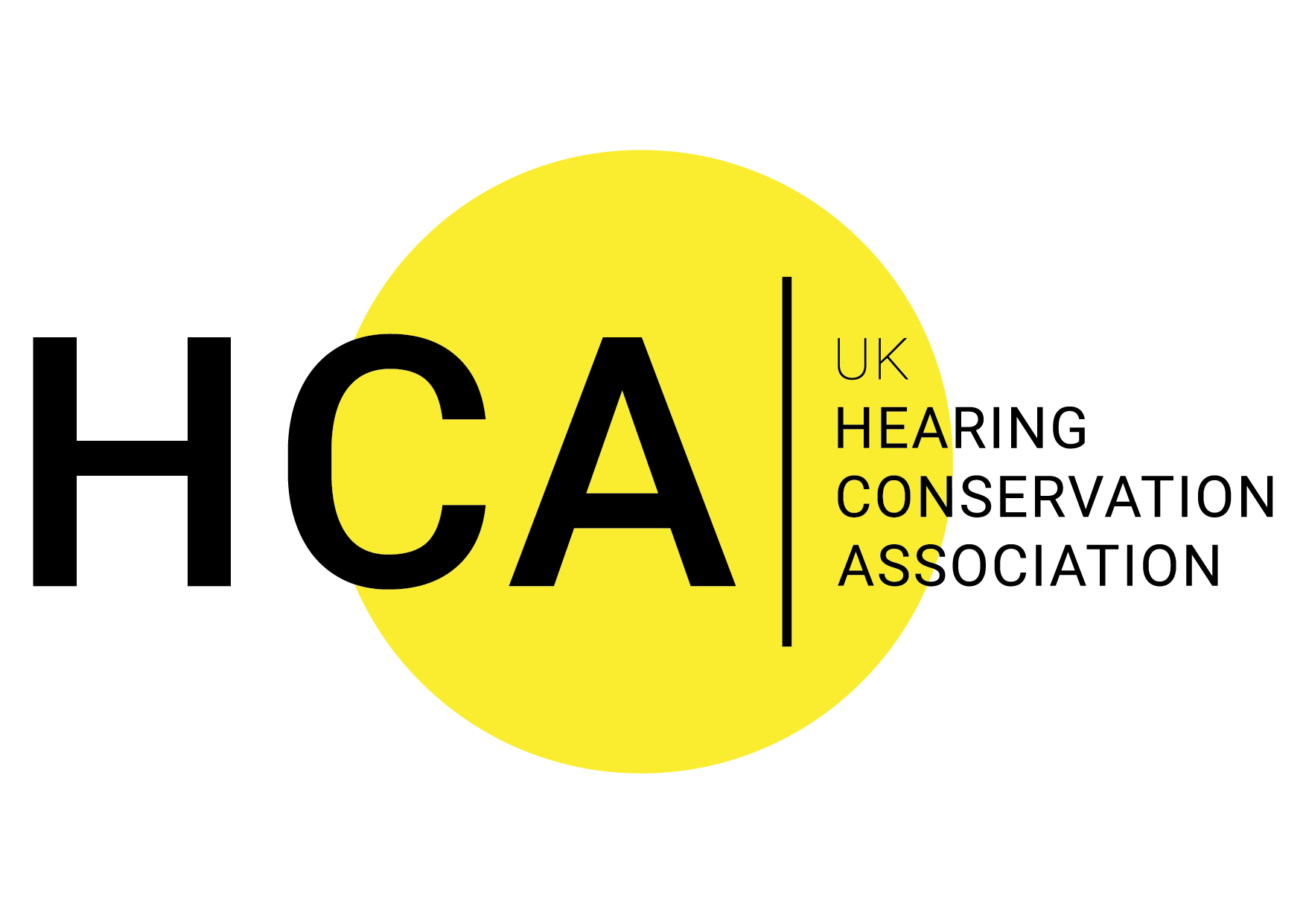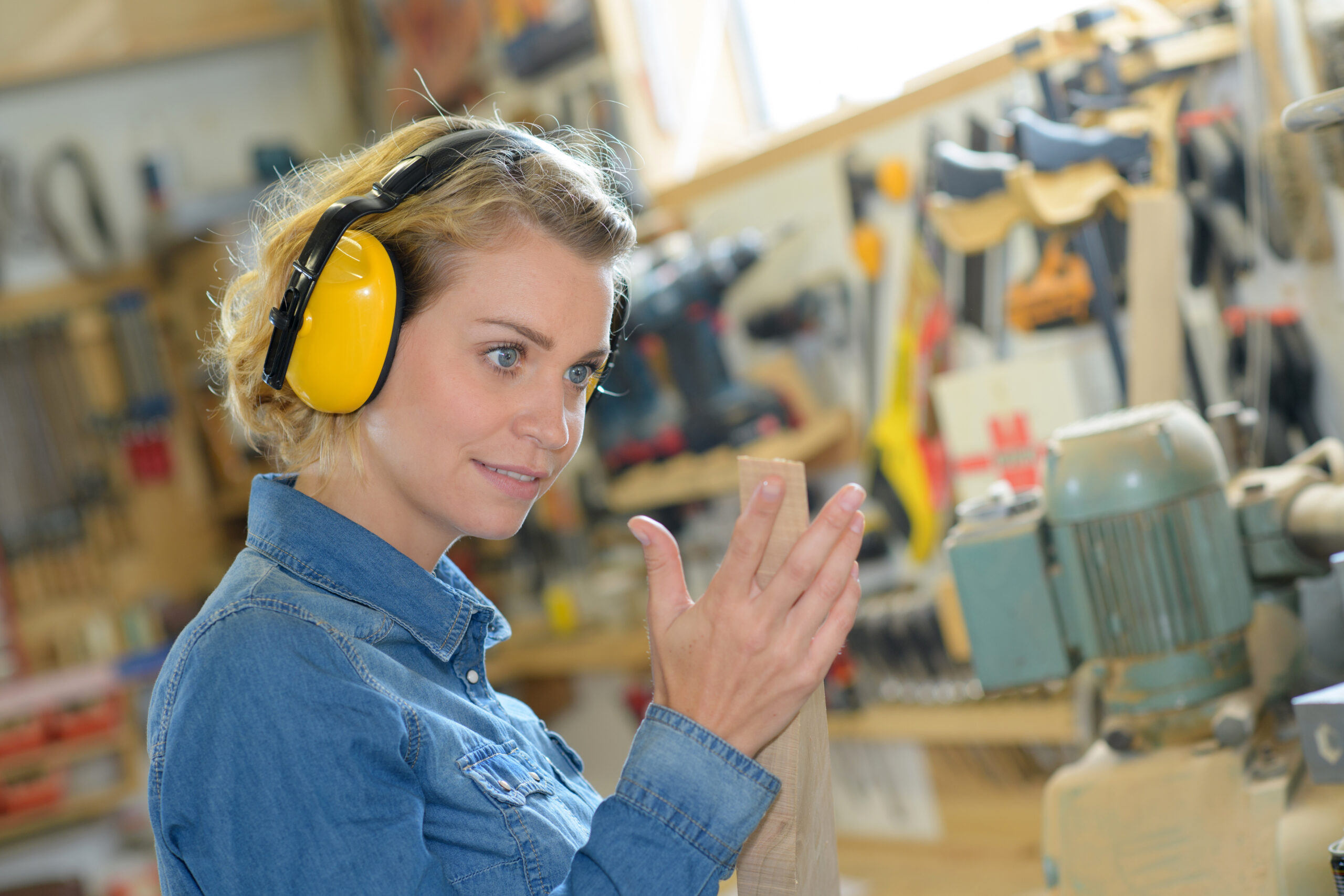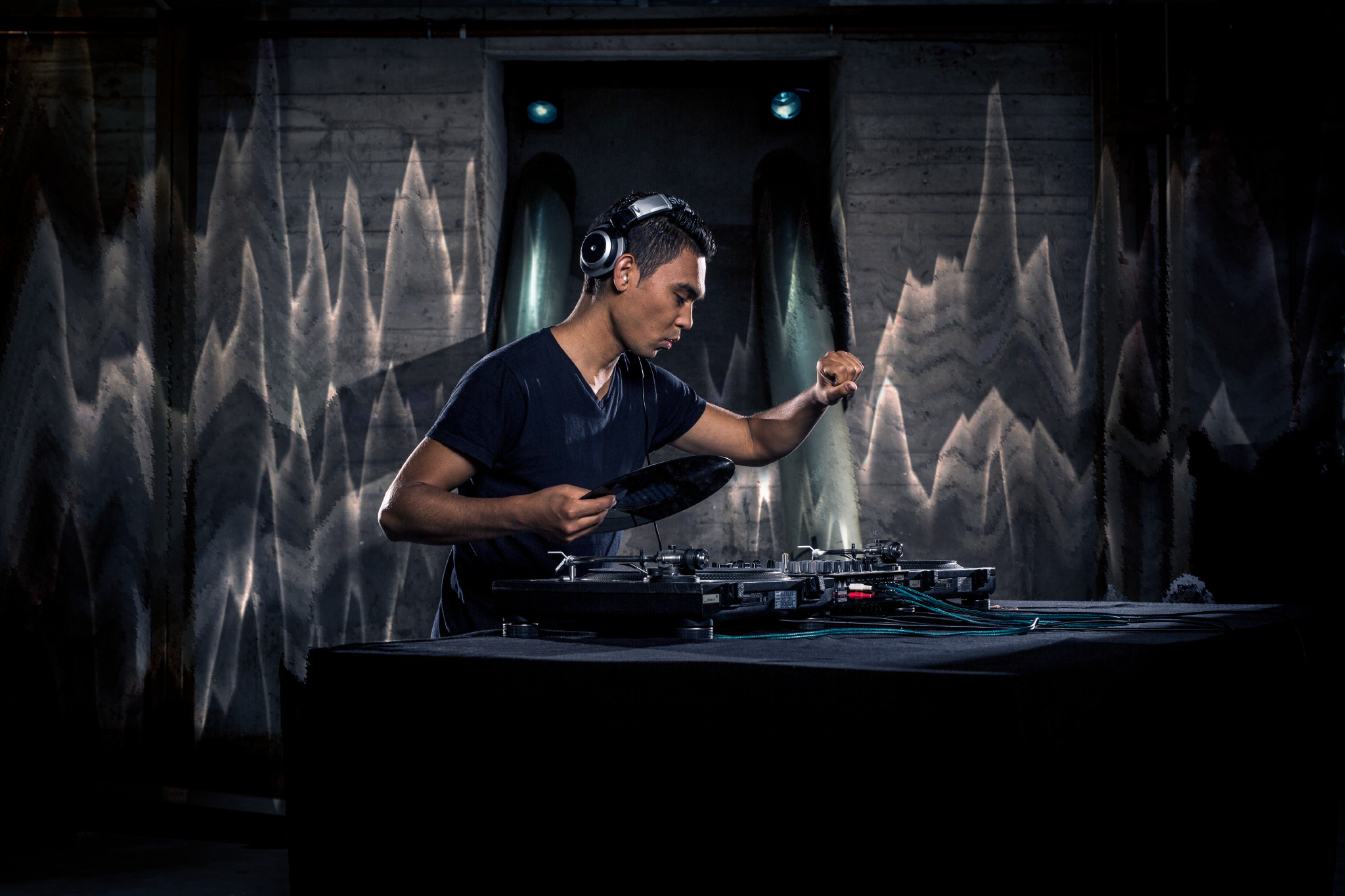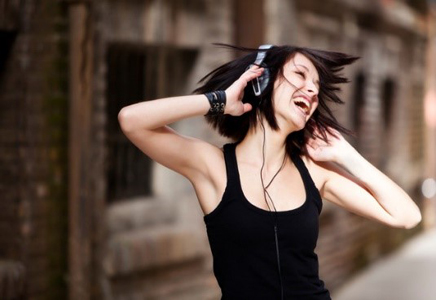Noise induced Hearing Loss
Noise Induced Hearing Loss or NIHL is the expression used by audiologist and Health and Safety specialists to describe hearing loss caused by loud sounds or prolonged exposure to harmful noise levels.
What are harmful noise levels?
These are the result of exposure to sounds, generally over 80dB, over a period of time and come in many forms. For example, this could be from attending live music or sports events, but more worryingly and commonly from wearing headphones.
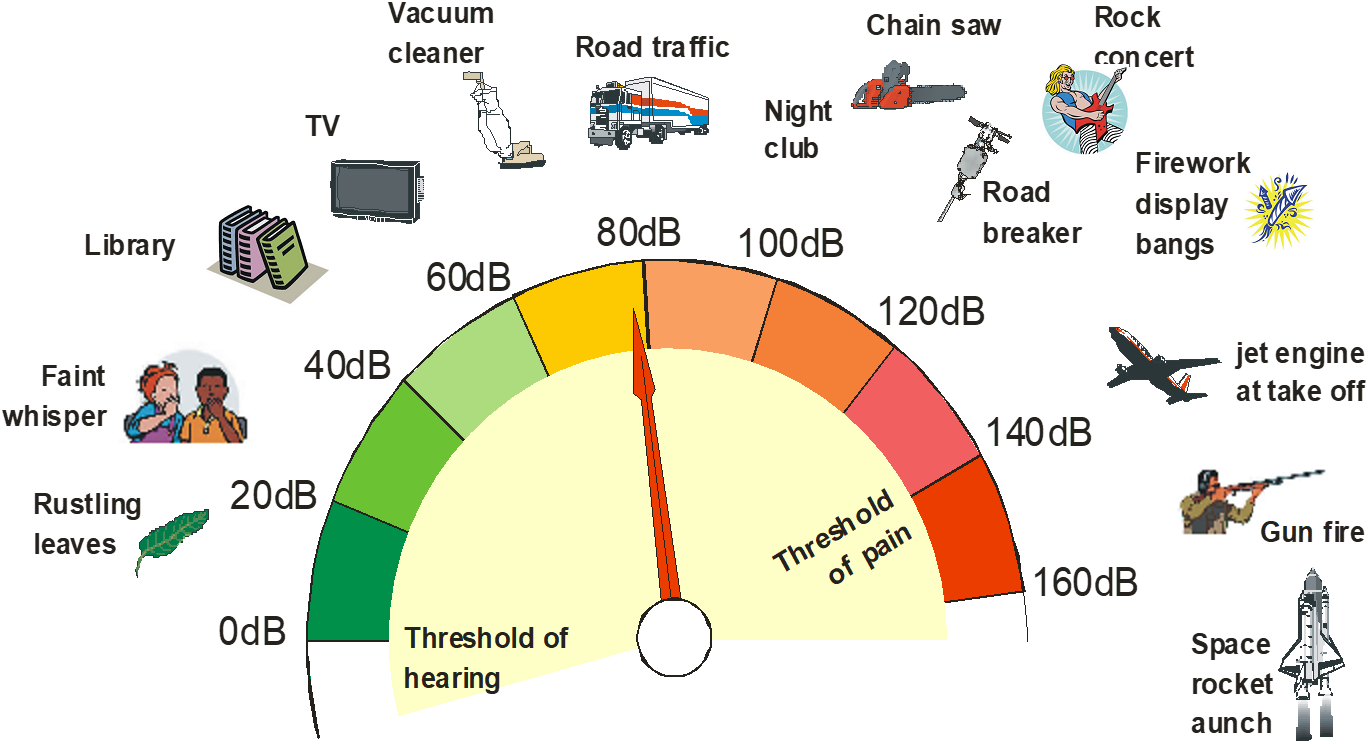
What is a very loud sound?
These are often called impulse sounds and, in terms of sound pressure level, start at around 135dB. They usually don’t last very long and are commonly found in shooting, fireworks and other explosive devices. They are very damaging to your hearing by causing immediate physical damage to the fine structures of your ear as well as adding extra damage to hearing caused by any continuous background noise levels.
How can you know what a safe ‘dose’ of noise is?
Your sound dose is a combination of: how long you listen to loud sound for, and how loud the sound is. So reducing sound levels or moving away from loud noises and reducing the amount of time you are exposed to these levels will help protect your hearing.
What is the most common cause of large sound doses?
Historically, large sound doses would probably have been caused by your occupation. However, our lifestyle and hobbies outside of work now often make as big or bigger contributions to our sound dose. Live music and sport provide significant doses, but we generally attend them infrequently so they have less long-lasting impact on your hearing. For most of us, the biggest cause is from using headphones to listen to music or for gaming, something which many of us do for long periods every day.
How do I know if I am or have been subject to a large sound dose?
If you have ever had “dull” hearing or ears feeling ‘full’ after attending a noisy gig or nightclub, you have had a Temporary Threshold Shift, caused by the hair cells in your inner ear becoming tired by the noise. You may also experience a temporary ringing or buzzing in the ears which goes away after a few hours. This is an indication of an “excessive” noise dose. The effect of exposure builds up over time so the more often you experience a temporary effect of noise the more likely this will become permanent and irreversible. Over a lifetime you may not notice the small permanent changes until it is far too late.
How old are your ears??……
Our hearing deteriorates as we age, due to life exposures to noise! This is one reason why we don’t need any extra burden of noise exposure above what we are likely to encounter through everyday living.
This useful video shows quite simply the effects of noise on hearing over life and how it is affected.
Have a go and see – How old are your ears??……
Noise at Work?
Find list of resources to help you
Music and Entertainment
Resources for those who work in the Music and Entertainment sector.
Headphone Use
Find out how to protect your hearing
5 ways to protect your Hearing
With the World Health Organisation (WHO Report ) suggesting that more than 1 billion of us are at risk of permanent hearing loss here are 5 ways you can protect your hearing.
1.
Firstly, test your hearing. Try the easy, free app, hearWHO (Link to hearWHO app). Keep a record of your score and retest yourself every six months or so. If you are worried about your hearing see your doctor.
2.
Try to avoid exposure to loud sounds/long periods of exposure. Loud sounds are common at live events, music and motorsport, when shooting, using power tools, lawn mowers and riding motorcycles. If you are attending, taking part or using noisy equipment make sure you wear hearing protection.
3.
A common source of large sound doses is from using headphones. Consider timing how long you are using your headphones are and check out your listening levels. It may help you to download a hearing safeguarding app, which will total the time and level for you, and let you know when you’re overdoing it.
4.
Upgrade your ear buds to good quality ‘over-ear’ headphones which will reduce the background noise so you can listen at a lower level. For the noisy public transport consider buying active noise cancelling headphones.
5.
When you go to live music events take hearing protection with you and use it when the support act is on to give your ears a break and leave them fresh for the main attraction.
